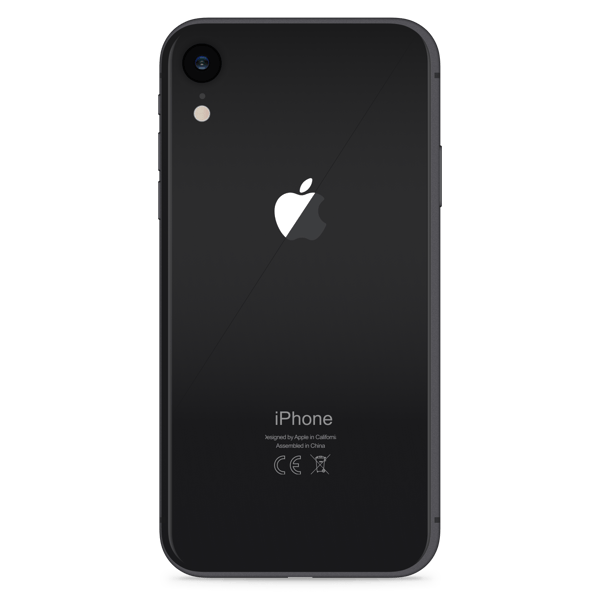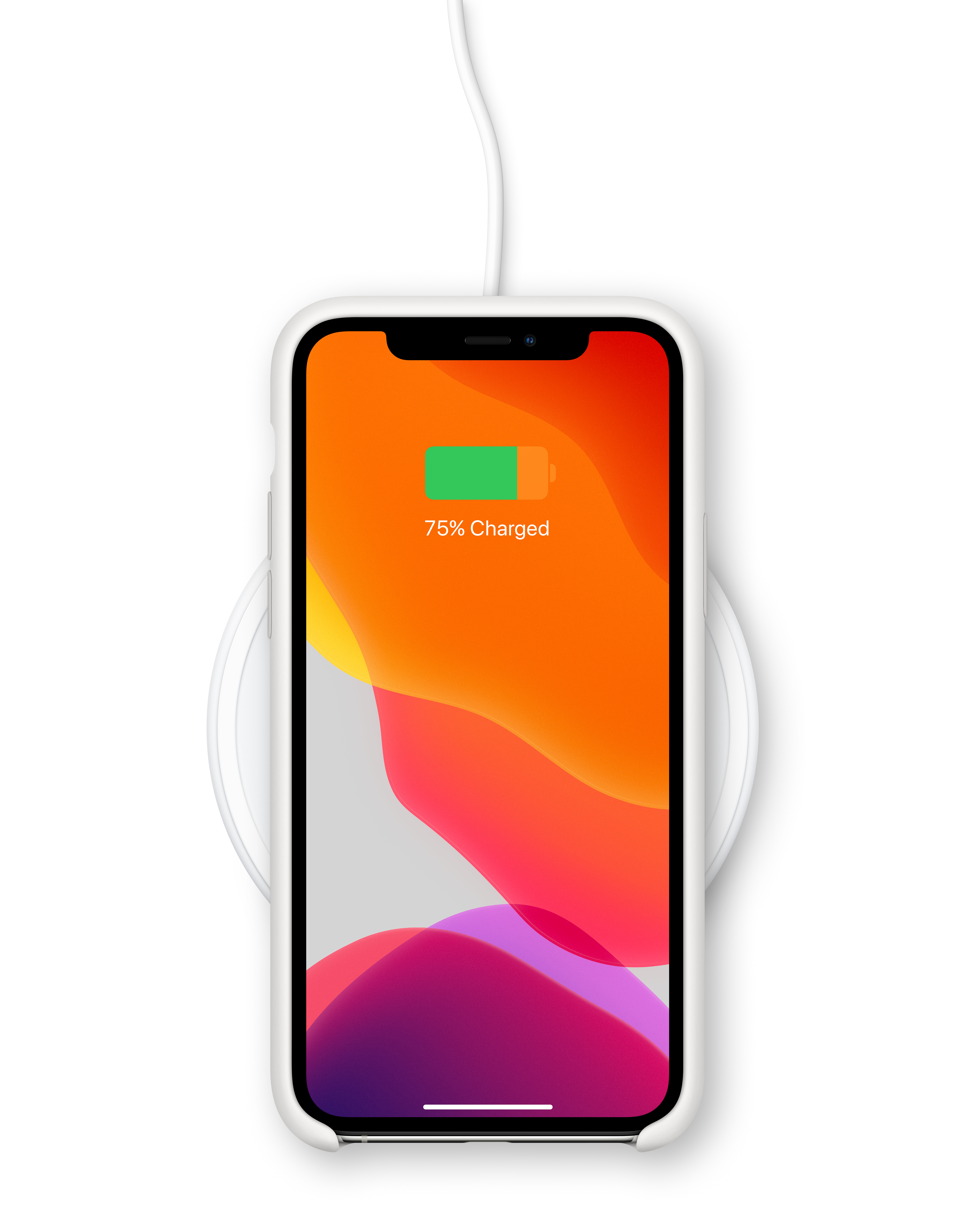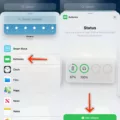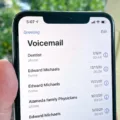The iPhone XR, known for its sleek design and powerful performance, has been a popular choice among smartphone users. However, one aspect that users often scrutinize is the battery life. In this article, we will delve into the details of iPhone XR battery life, exploring its capabilities and offering some tips to maximize its performance.
The iPhone XR is equipped with a non-removable Li-Ion 2942 mAh battery, which, on paper, seems capable of providing long-lasting power. However, real-world usage can vary depending on various factors such as screen brightness, app usage, and network connectivity.
Apple claims that the iPhone XR can provide up to 25 hours of talk time, up to 15 hours of internet usage, and up to 65 hours of audio playback. These numbers may seem impressive, but it’s important to remember that they are based on ideal conditions and may not accurately reflect your daily usage.
Battery health is another crucial aspect to consider when evaluating the iPhone XR’s battery life. Over time, all batteries degrade and lose their capacity to hold a charge. Apple has implemented a feature called Battery Health, which allows users to monitor their battery’s capacity and performance.
To check your iPhone XR’s battery health, go to Settings > Battery > Battery Health. Here, you will see your battery’s Maximum Capacity, indicating how much charge it can hold compared to when it was new. If your battery’s Maximum Capacity shows a value of 80% or less, it has gone through its lifecycle and should be replaced, according to Apple.
If you notice a decrease in battery life or a lower Maximum Capacity, there are a few steps you can take to optimize your iPhone XR’s battery performance. First, consider adjusting your screen brightness. Lowering the brightness level or enabling auto-brightness can significantly reduce power consumption.
Additionally, managing your app usage is crucial. Background app refresh, location services, and push notifications can drain your battery. Disabling these features for apps that you don’t use frequently can help conserve battery life.
Another tip to consider is managing your network connectivity. Poor cellular or Wi-Fi signals can cause your iPhone XR to expend more power to maintain a stable connection. If you are in an area with weak signals, consider enabling Airplane Mode or switching to Wi-Fi when possible.
Lastly, enabling Low Power Mode can be a lifesaver when you’re running low on battery. This feature reduces power consumption by disabling non-essential functions such as background app refresh and automatic downloads.
The iPhone XR boasts a decent battery life, but its performance can vary depending on individual usage patterns and battery health. Being mindful of your settings, app usage, and network connectivity can help optimize your iPhone XR’s battery life. If you notice a significant decrease in battery health, it might be time to consider replacing the battery to ensure optimal performance.

What is a Bad Battery Health for iPhone XR?
A bad battery health for an iPhone XR refers to a condition where the battery’s Maximum Capacity is 80% or less. This indicates that the battery has gone through its lifecycle and is no longer able to provide sufficient power for peak performance. When the battery health reaches this level, it is recommended by Apple to replace the battery.
Possible reasons for a decrease in battery health can include:
1. Age: Over time, as the battery is used and charged repeatedly, its capacity naturally degrades. The more you use your iPhone XR and charge it, the more the battery health may decline.
2. Usage habits: Certain usage habits can affect the battery health of your iPhone XR. For example, consistently draining the battery to extremely low levels or frequently exposing it to high temperatures can accelerate battery degradation.
3. Environmental factors: Extreme temperatures, both hot and cold, can impact the overall health of the battery. Exposure to high temperatures, such as leaving your iPhone XR in a hot car, can cause the battery to degrade faster.
4. Manufacturing defects: In some cases, a decrease in battery health may be due to manufacturing defects or faulty components. This is less common but can occur.
It is important to note that a decrease in battery health does not necessarily mean that your iPhone XR will stop functioning altogether. However, it may result in reduced battery life and performance. If you notice a significant decrease in battery health, it is advisable to consider replacing the battery to ensure optimal performance and longevity for your device.
How Long Does iPhone XR Battery Last Before Replacement?
The iPhone XR’s battery is designed to last for a certain period of time before it needs to be replaced. On average, the battery should last for about 18-24 months for most users. However, this can vary depending on individual usage patterns and charging habits.
The battery life is typically measured in terms of charge cycles. A charge cycle is defined as using up 100% of the battery’s capacity, whether that means using up the full battery in one go or using up 50% of the battery’s capacity over two separate charges. Apple rates their batteries to hold 80% of their original capacity for up to 500 charge cycles.
It’s important to note that a charge cycle does not necessarily mean a full day’s use. For instance, if you use 50% of your iPhone XR’s battery one day and then charge it back to 100%, and then use another 50% the next day before fully charging it again, that would count as one charge cycle.
In practical terms, this means that if you consistently use your iPhone XR every day and charge it overnight, you can expect the battery to last for around 18-24 months before it starts to degrade and hold less charge. After this period, you may notice that your battery drains faster or that you need to charge it more frequently.
If you find that your iPhone XR’s battery life has significantly decreased and you’re experiencing issues with battery performance, it may be time to consider replacing the battery. Apple offers battery replacement services for their devices, and you can either schedule an appointment at an Apple Store or contact Apple Support for assistance.
The iPhone XR’s battery is designed to last for about 18-24 months before it needs to be replaced. This can vary depending on individual usage patterns, but on average, the battery should hold up to 80% of its original capacity for up to 500 charge cycles. If you experience significant battery degradation, it may be time to consider getting the battery replaced.
Conclusion
The battery health of the iPhone XR can decrease by 6% or more due to normal wear and tear over time. This decrease in battery health can result in a poor battery condition, which may not be able to provide sufficient power for peak performance. Apple suggests that if your battery’s Maximum Capacity is 80% or less, it has gone through its lifecycle and should be replaced. Apple’s batteries are designed to hold 80% of their capacity for up to 500 charge cycles, which typically lasts around 18-24 months for the average user. Therefore, if you notice a significant decrease in your iPhone XR’s battery health, it may be time to consider getting a battery replacement to ensure optimal performance.













